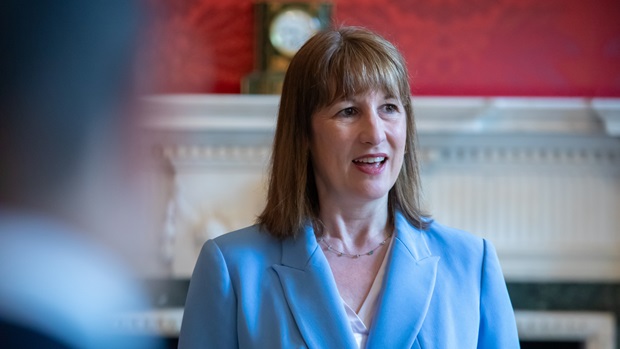
Source: Sharecast
According to the Office for National Statistics, borrowing - the difference between total public sector spending and income - was £17.7bn last month, higher than the £17.1bn expected by the Office for Budget Responsibility.
The figure was lower than April’s £20.05bn, but up £0.7bn year-on-year.
It was also the second-highest May borrowing on record, after 2020, at the start of the pandemic.
Central government current receipts were £82.5bn, up £5.3bn on May 2024. Tax receipts made up £61.7bn of that, while compulsory social contributions were £15.1bn, boosted in large part by changes to employer National Insurance contributions.
Spending, however, rose on the back of increased running costs and inflation-linked increases in benefits.
Kathleen Brooks, research director at XTB, said: "Today's public sector finance data are unlikely to ease pressure on Rachel Reeves, as elevated borrowing levels have been a major feature of her time as chancellor, eroding her message that she is putting the country on a firmer financial footing."
Net borrowing excluding public sector banks is provisionally estimated to stand at 96.4% of GDP.